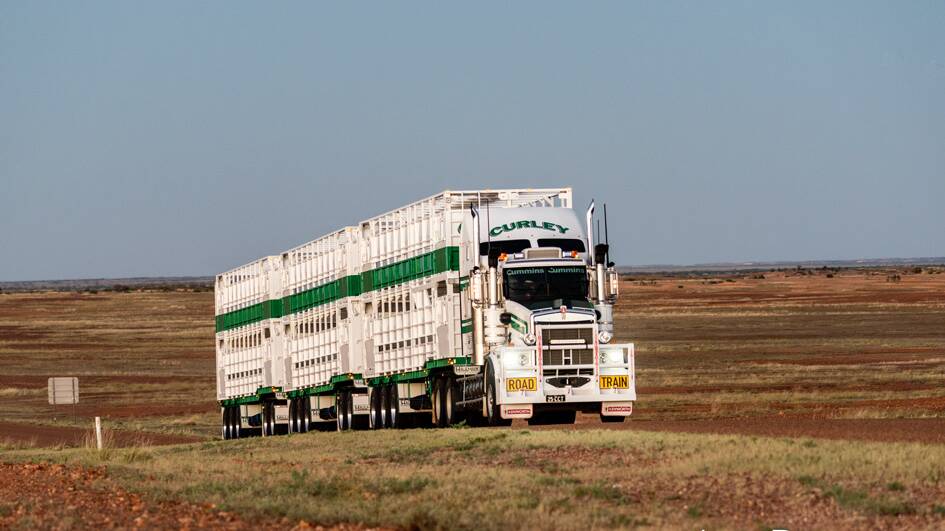
Northern trucking company Curley Cattle Transport has expanded its fleet west, acquiring Brennan Cattle Transport in Mount Isa.
Subscribe now for unlimited access.
$0/
(min cost $0)
or signup to continue reading
Curley's Cattle Transport owner Stephen Curley purchased Brennans from Ian and Anna Brennan on July 3, 2023, including five triple road trains.
"A few things interested us in acquiring that business. I've been mates with Ian now for 20 years and we do a lot of work around the Mount Isa region, so that was incentive," Mr Curley said.
"Ian has always had a great business and acquiring a business like Ian's adds to your footprint. Ian has stayed on as the manager and we rent the shed and depot off him.
"We are bettering our position around Mount Isa and Cloncurry... and Mount Isa was always a region I wanted to be in anyway."
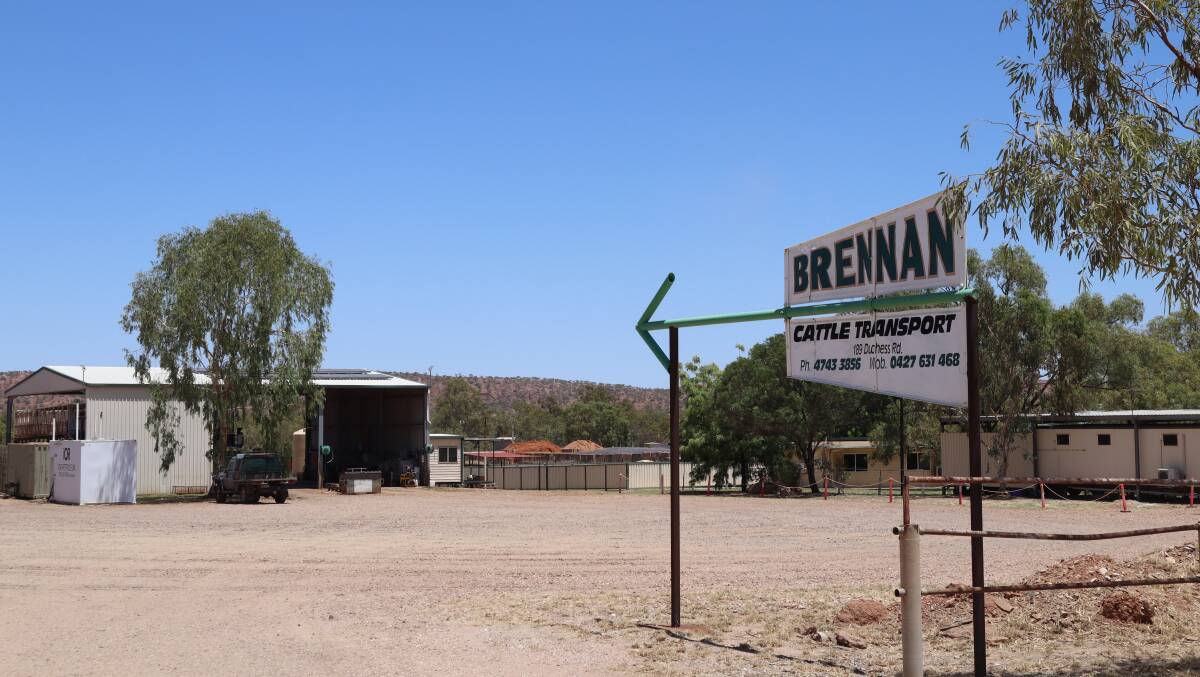
The family owned and operated business was founded by Mick Curley in 1972 with a Dodge with a 160 Cummins motor, towing two 34ft Haulmark Cattle Trailers.
It was renamed Curley Cattle Transport in 1996 and they purchased Hudson Transport which included the Cloncurry Depot, Normanton depot and three sets of trailers.
In 2002, they purchased Hickey Transport, acquiring an additional four road trains and the Georgetown depot. They bought 150 acres the following year to build and establish the Charters Towers depot.
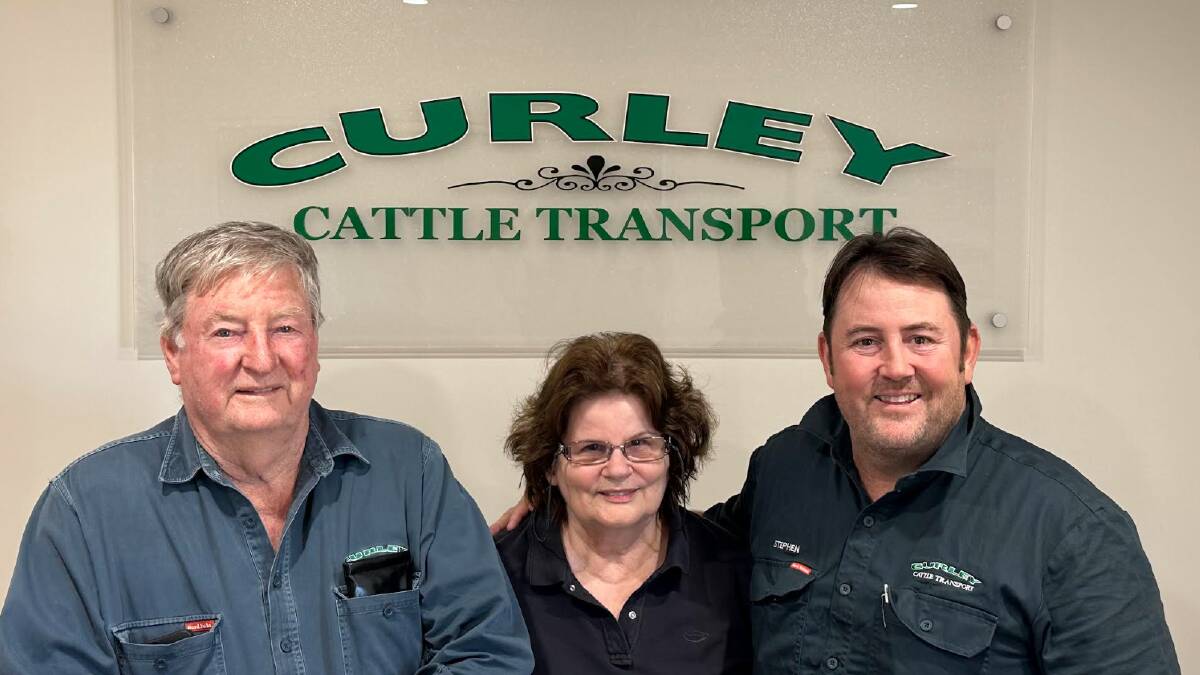
In 2004, they acquired Boulia Transport, which included the Boulia depot and two road trains and they purchased Cleary Transport in Mount Isa in 2005, including five more road trains.
They then purchased Batts Transport Blackall in 2016; followed by Fanning's Transport and the Blackall depot in 2017; and then Grant's Livestock in Winton in 2019.
Today the fleet has grown to 48 road trains, 70 employees and eight depots.
Mr Curley said he had a big focus on progressing the business.
"There is only one way to coast and that is downhill. If you stay the same you're not bettering yourself or your business," he said.
"Over the years we have acquired other businesses and built depots and expanded...It's not about getting to a massive size, it is about progressing the business."
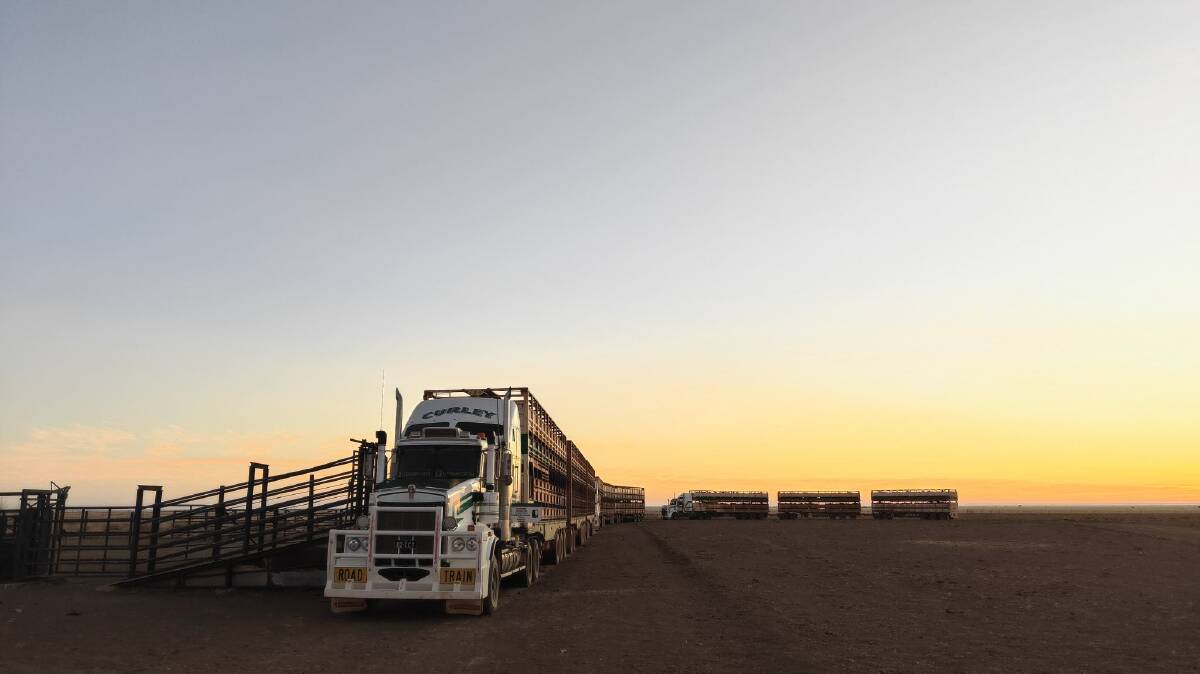
Curley Cattle Transport's service area stretches from Lake Nash in the Northern Territory to the Blackall area.
"At any given time you could have a spread on trucks of up to 3000 kilometres," Mr Curley said.
"If you drew an 800 kilometre circumference around Cloncurry, you'd be pretty close to where you're loading out of.
"Cloncurry is positionally perfect for the transportation of cattle, because you've got four roads leading in and out of this place, north, south, east and west.
"Mount Isa does too, but it's not like Cloncurry. Cloncurry is the centre of everything, everything goes through Cloncurry."
Mr Curley said he knew from a young age he wanted to work in the transport industry.
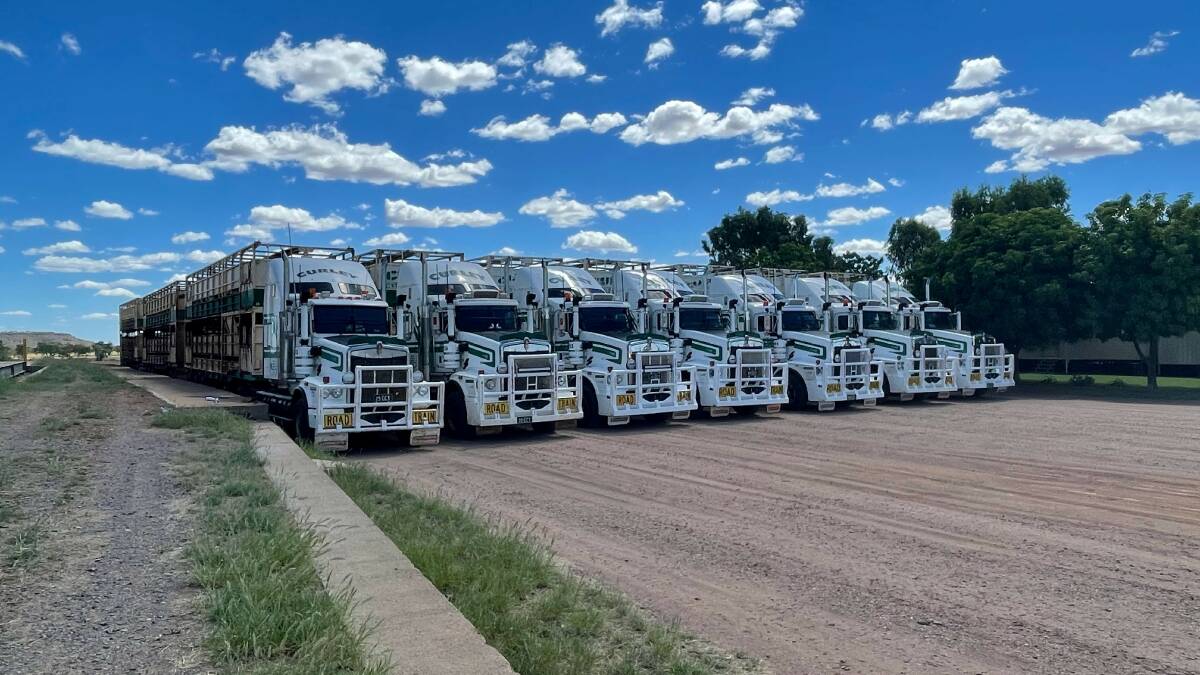
"Dad was running his business when I was doing my apprenticeship in Mount Isa and about half way through that I knew I wanted to come back to Cloncurry," he said.
"It sounds corny, but it's the people. It's the genuine nature of country people that attracts you to the job. It is just different out here."
Mr Curley said he tried not to think about the challenges of the business too much, but said staffing was something that couldn't be overlooked.
"Getting staff is difficult. We only get to select from one pool gender. While there is a strong presence of women working in agriculture, jillaroos to jackaroos is 50/50, there aren't many women drivers working in cattle, not that I've come across anyway," he said.
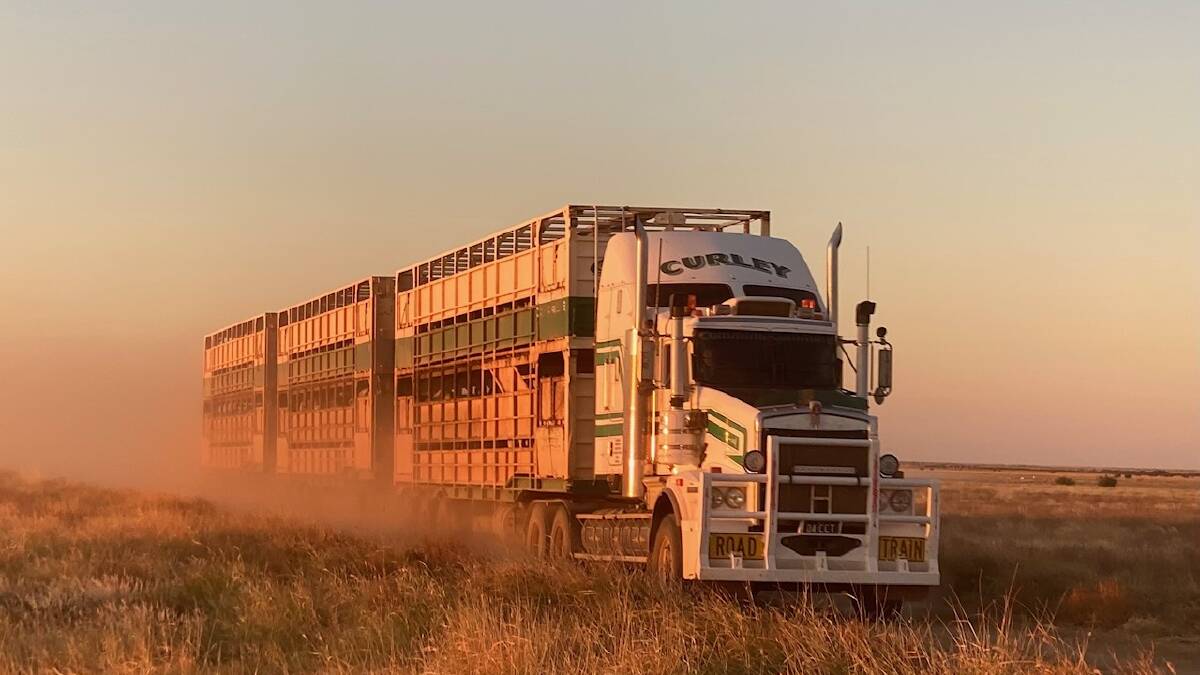
"I also thing the skillset in our game is quite high, and they're out on the road sometimes for six to seven days without going to the depot. But I think there is a trucking staffing issues everywhere.
"The market impacts out business too, at the moment we are quiet. Leaving the current fires out of it, people out here are in a position where they still have feed, where the south east doesn't. People have been buying cattle instead of selling them, and we want our producers to be doing as well as they can be."
Mr Curley said his focus was on getting new trucks in and looking for growth opportunities.
"We buy six new trucks a year, which in turn replaces our fleet every eight years," he said.
"If everything keeps going the way it's going our future looks bright and if anything comes up that I think is a good business venture I'll go at it."


